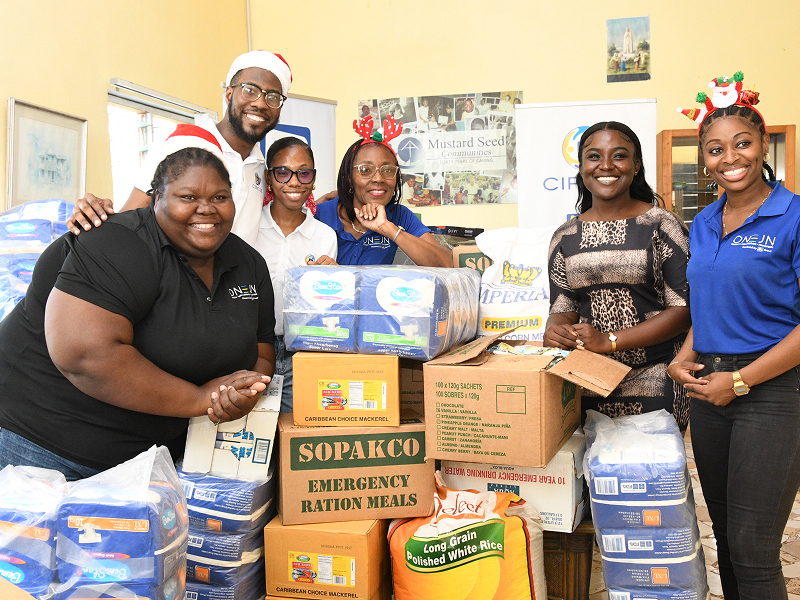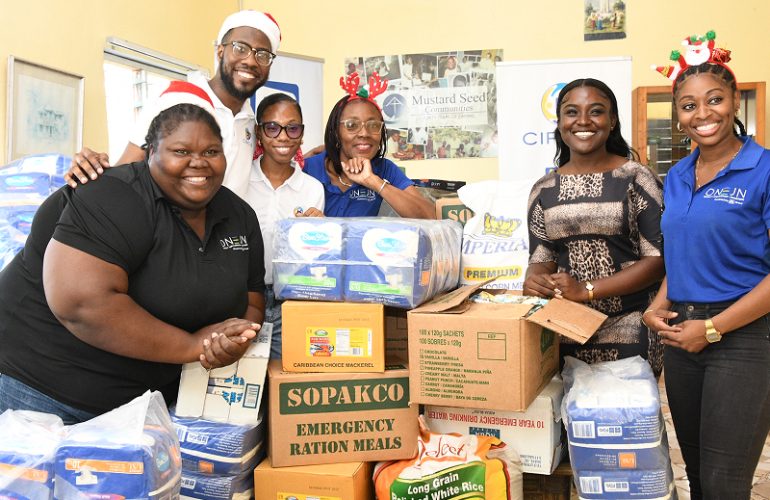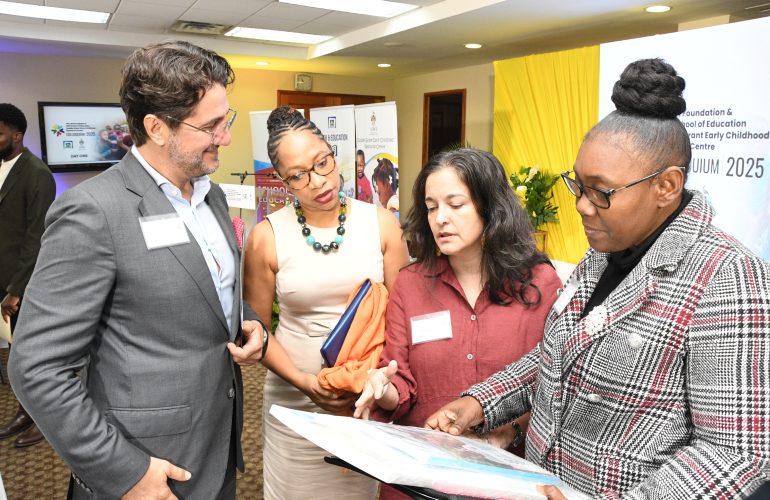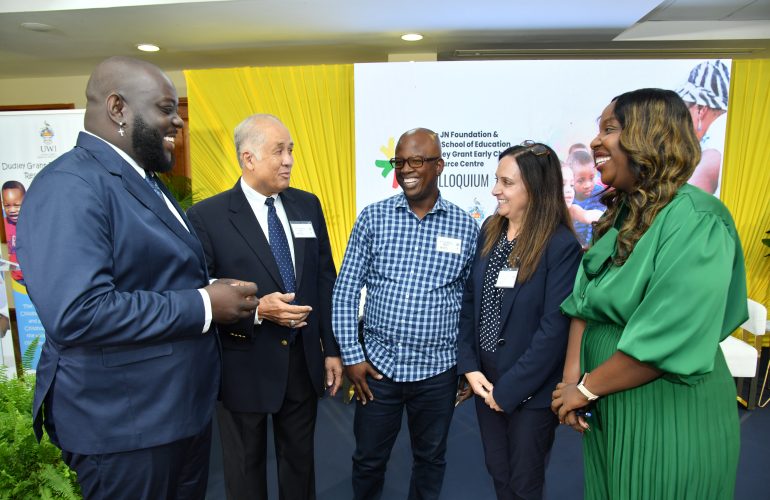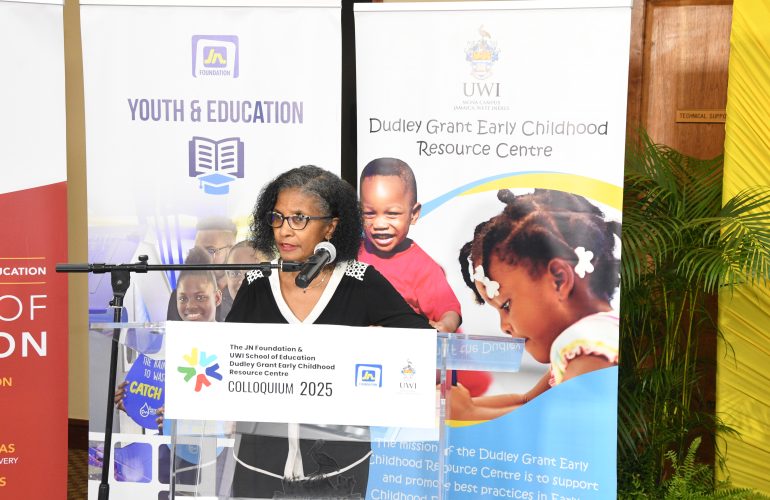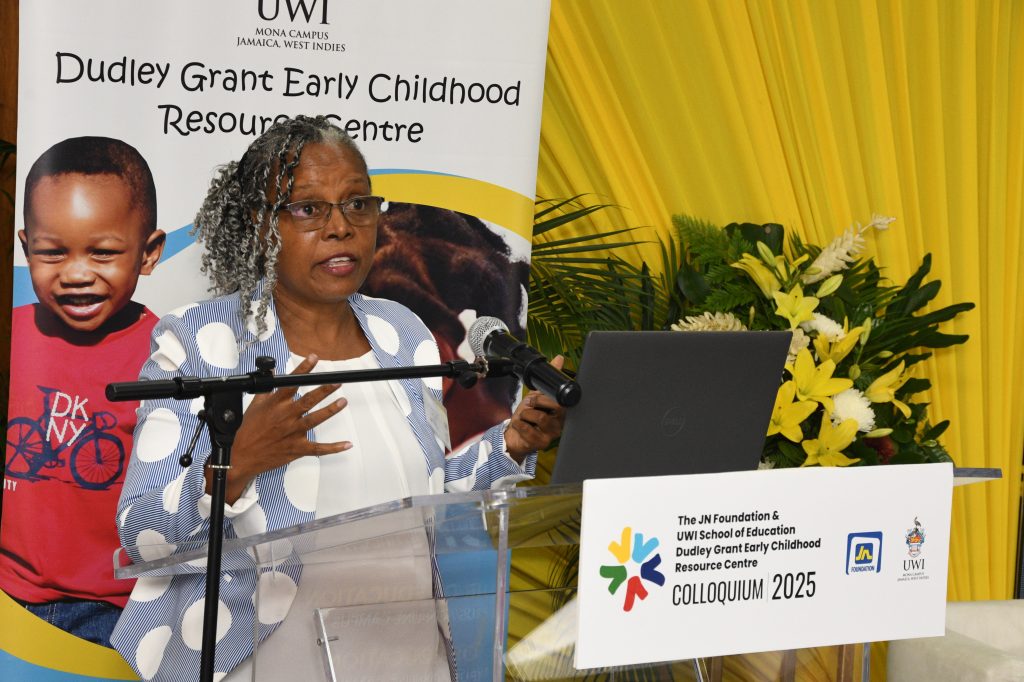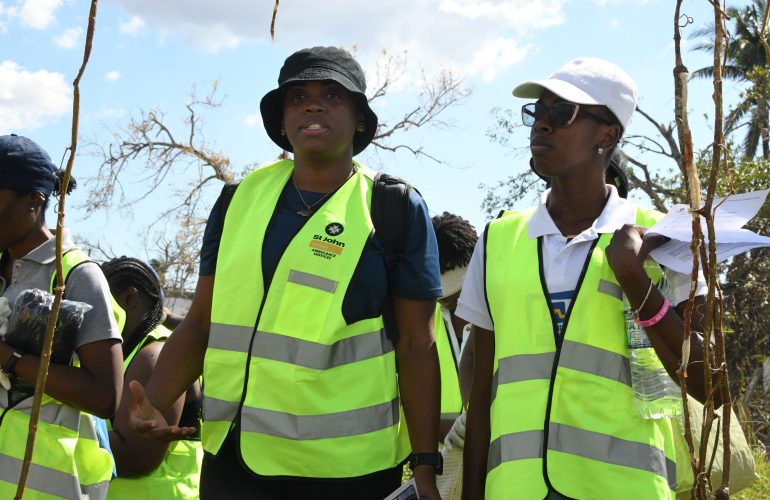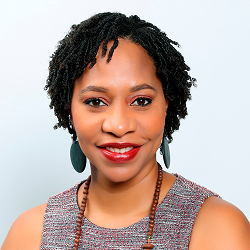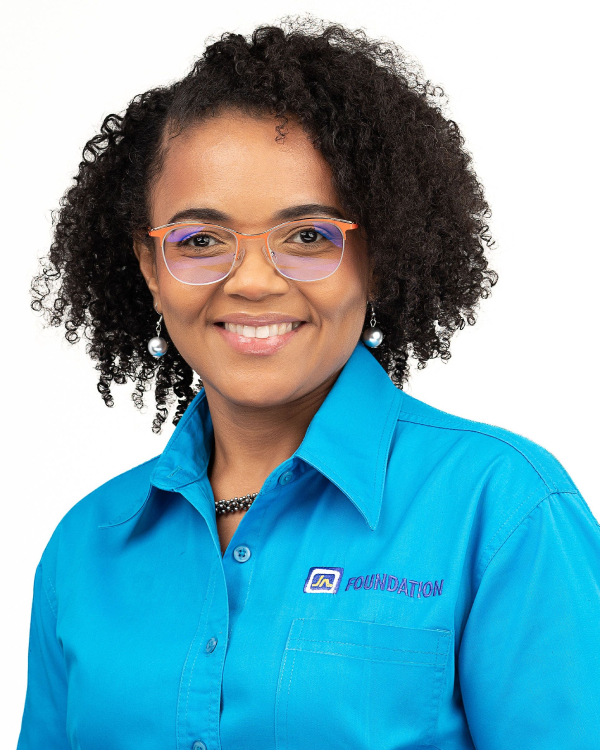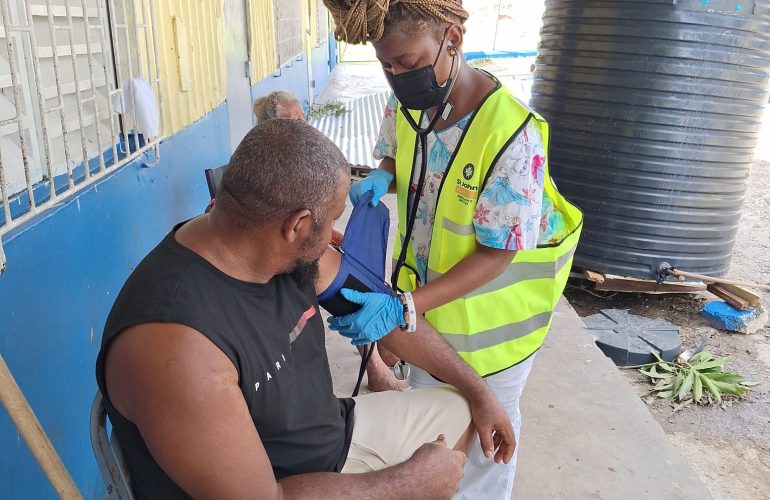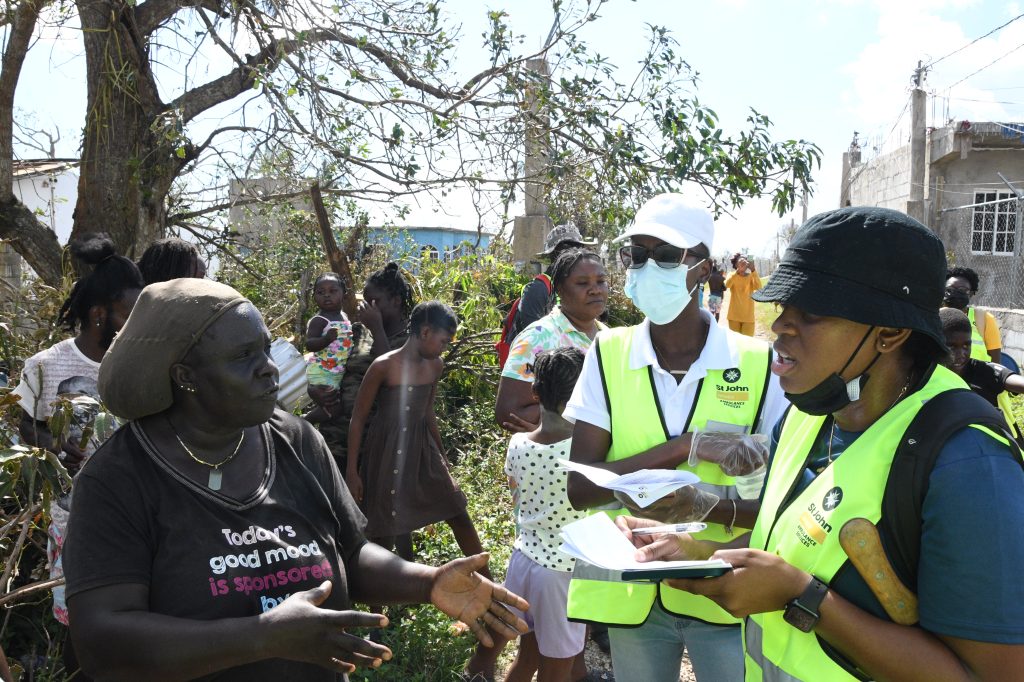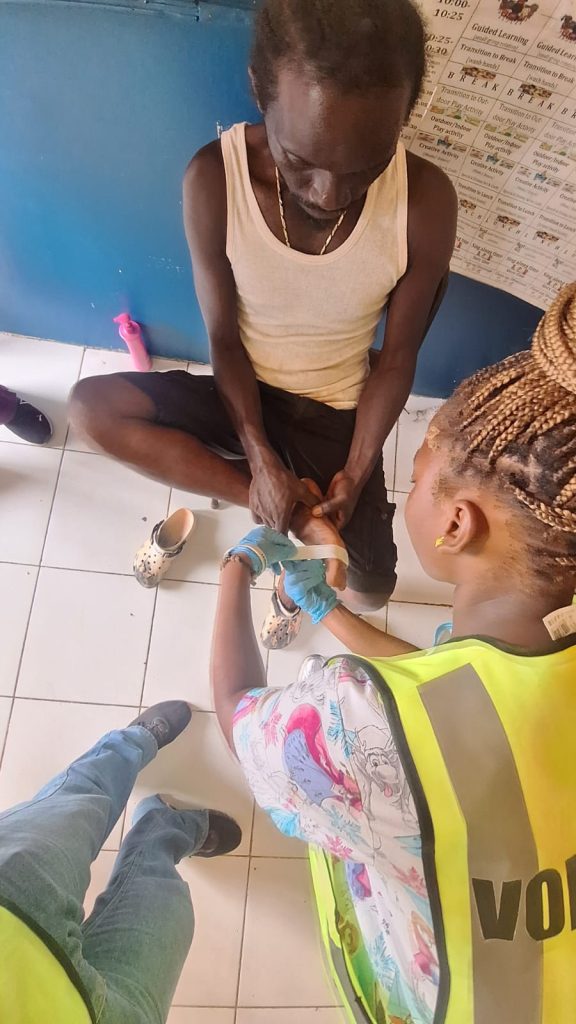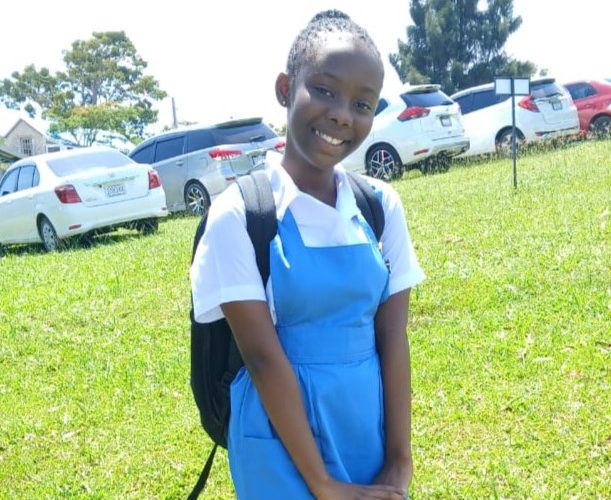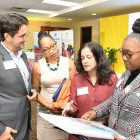Mustard Seed Communities Receive Some ‘Comfort for Christmas’
The JN Foundation has continued its tradition of giving, reaffirming its commitment to Mustard Seed Communities through its Comfort for Christmas initiative. From essential food items to diapers for daily care, find out how this year’s donation is supporting residents at Jacob’s Ladder in St Ann and bringing hope during the holiday season.
For the fourth consecutive year, the JN Foundation has reaffirmed its commitment to Mustard Seed Communities, spreading holiday cheer and delivering much-needed practical support through its annual Comfort for Christmas initiative.
This year’s donation, delivered to the Mustard Seed-managed facility at Jacob’s Ladder in St Ann, included diapers and food items to support the daily care and nutritional needs of residents, many of whom are chronically ill, physically challenged or without family support.
According to Candice Nichols, social impact assessment officer at the JN Foundation, the initiative underscores the Foundation’s sustained commitment to supporting the welfare of children.
“This really came from a place of acknowledging the need to support our vulnerable communities across the island,” Ms Nichols said. “Mustard Seed is a very established organisation with 11 apostolates islandwide, and while they manage their operations very well, the need is always significant.”
She explained that residents at Mustard Seed range from newborns to the elderly and include persons who are fully or partially dependent on medical and nutritional care.
“We wanted to continue with our donation of diapers, but we also extended the range of donations to include food items based on the request from the administrator at the home,” Ms Nichols noted.
Assistant mission manager at Mustard Seed Communities at Jacob’s Ladder, Reanna Simpson, said the donation would have an immediate and meaningful impact on residents, particularly those with special dietary and medical needs.
“The food items are especially important because many of our residents have multiple disabilities and specific nutritional requirements,” Ms Simpson said. “Having items tailored for conditions such as diabetes or high blood pressure makes a real difference in how we care for them, and it also eases the financial burden of purchasing food and essential supplies.”
Ms Nichols pointed out that the initiative aligns directly with the Foundation’s broader mission of supporting vulnerable children and adults, a focus it has maintained for decades.
“Mustard Seed is home to residents of all ages, and they are all vulnerable,” she said. “Supporting them made perfect sense for us, and it’s not something we are hoping to abandon anytime soon.”
She added that the impact of Hurricane Melissa heightened the urgency of continued support, as donations to Mustard Seed slowed while national relief efforts were concentrated in other hard-hit areas.
“With the passage of Hurricane Melissa, there was an increased need for support,” Ms Nichols explained. “Even if we weren’t able to do as much as we would want to, we could not turn our backs on them this Christmas.”
Miss Simpson echoed the importance of sustained support beyond the holiday season, noting that Mustard Seed provides a permanent home for persons who are often abandoned or forgotten.
“This is a community that cares for persons who have no one,” she said. “What we offer here is dignity, care and a second chance at life, and support from organisations like the JN Foundation helps us ensure that no one who comes here is ever abandoned again.”
Miss Simpson encouraged members of the public to support institution.
“It does not necessarily take much,” she said. “If you can’t give financially, you can volunteer your time or help identify a need. What matters is the willingness to give.”
Jacob’s Ladder, which is home to 155 residents, sustained minor damage from Hurricane Mellisa, but its greenhouses, which are used to grow the institution’s vegetables and ground provisions, were damaged, and as such, they have to purchase these items.
The Comfort for Christmas initiative continues to be a cornerstone of the JN Foundation’s outreach efforts, providing not only seasonal cheer but meaningful, year-round support to institutions serving Jamaica’s most vulnerable populations. The initiative is funded by members of staff of The Jamaica National Group.
